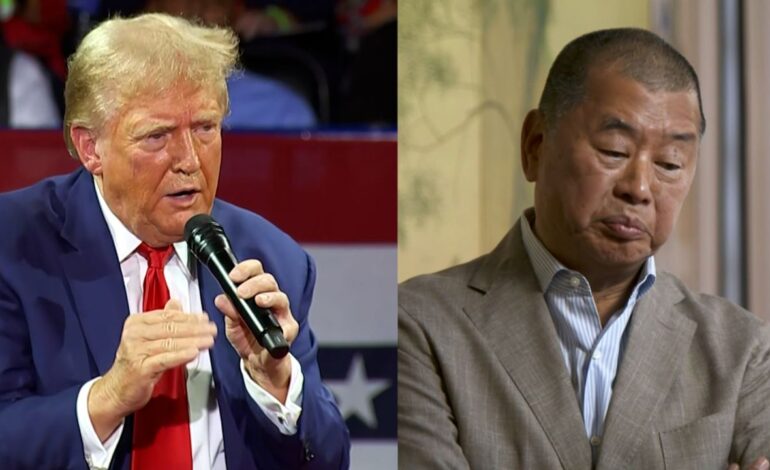Hong Kong Tycoon Jimmy Lai Becomes US-China Tension Point

Media tycoon Jimmy Lai is at the centre of a significant political dispute as his trial unfolds in Hong Kong. Lai faces serious charges, including two counts of colluding with foreign forces, a crime that carries a maximum penalty of life imprisonment under the 2020 national security law imposed by Beijing. He is also charged with sedition. This case has drawn international attention, highlighting the growing tensions between the United States and China.
Lai, the founder of the now-defunct newspaper Apple Daily, has been a vocal advocate for democracy in Hong Kong. His commitment to press freedom and democratic values has made him a prominent figure in the pro-democracy movement. Since his arrest in August 2020, Lai has remained a symbol of resistance against what many perceive as increasing authoritarianism in Hong Kong.
Trial Details and International Reactions
The trial commenced on December 1, 2023, and has already garnered widespread media coverage. According to CNN, the prosecution argues that Lai’s actions constituted a serious breach of the national security law by allegedly seeking foreign assistance to undermine the Chinese government. The defense contends that Lai’s activities fall within the realm of free speech and expression, a fundamental right protected under international law.
International reactions have been swift, with many human rights organizations condemning the charges against Lai. Amnesty International has described the trial as a “sham” and called for Lai’s immediate release. The United States government has also expressed concern regarding the case, reiterating its commitment to support democratic movements globally.
The implications of Lai’s trial extend beyond the courtroom. It has become a flashpoint for US-China relations, with American officials viewing the case as emblematic of China’s broader crackdown on dissent in Hong Kong. The Biden administration has condemned the use of the national security law to suppress free speech and has urged China to uphold its obligations under international agreements.
Broader Impact on Hong Kong
The outcome of Lai’s trial could have far-reaching consequences for Hong Kong’s media landscape and civil society. Since the enactment of the national security law, numerous media outlets have shut down or self-censored to avoid repercussions. Lai’s case exemplifies the risks faced by journalists and activists in the region.
Lai’s supporters argue that his trial is not just about one man but rather about the future of democracy in Hong Kong. Activists fear that a guilty verdict could set a dangerous precedent, further chilling dissent and curtailing freedoms in what was once regarded as a bastion of press freedom in Asia.
As the trial continues, the world watches closely. Lai’s fate may well shape the future dynamics between the US and China, as both nations navigate their complex relationship amid ongoing geopolitical tensions. The implications of this case resonate not only within Hong Kong but also across the global stage, highlighting the struggle for democratic ideals in the face of authoritarian challenges.
In this critical moment, Jimmy Lai stands as a symbol of resistance, embodying the fight for freedom and expression in a time of increasing repression. His trial will likely remain a touchstone for discussions on human rights and governance, both in Hong Kong and internationally.






